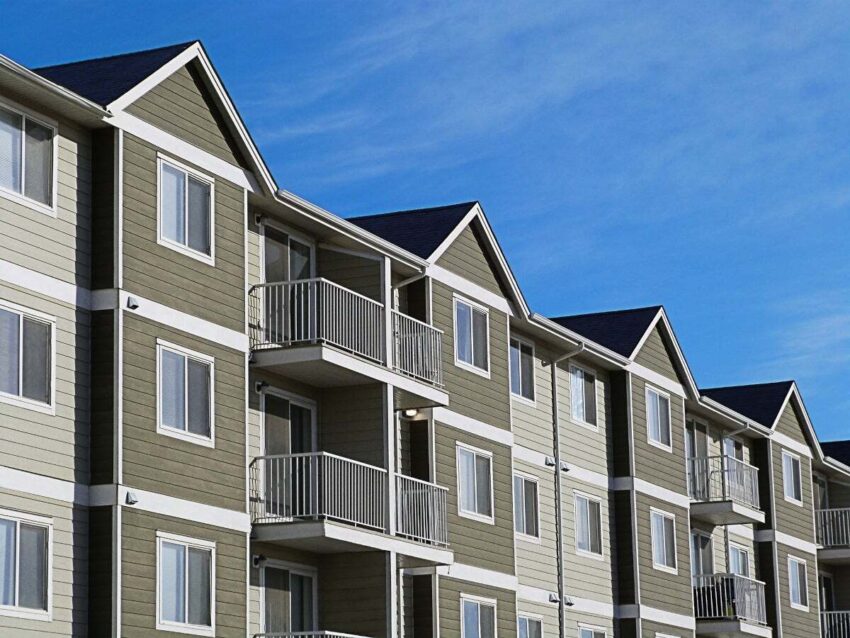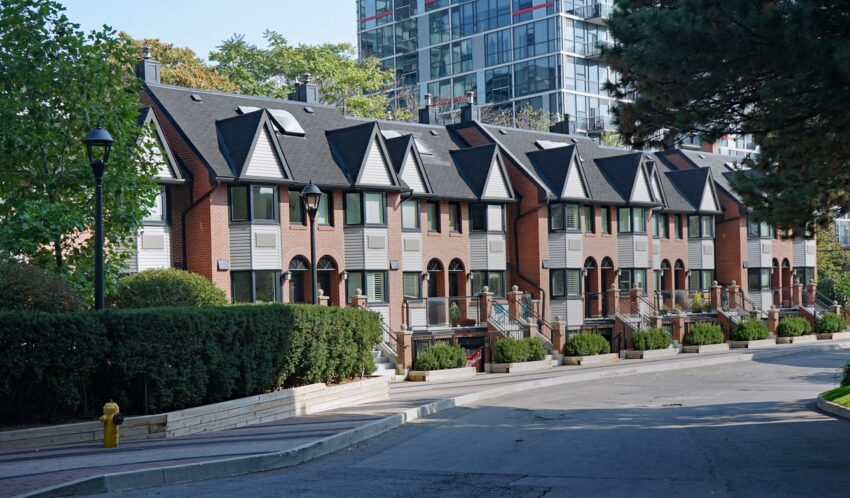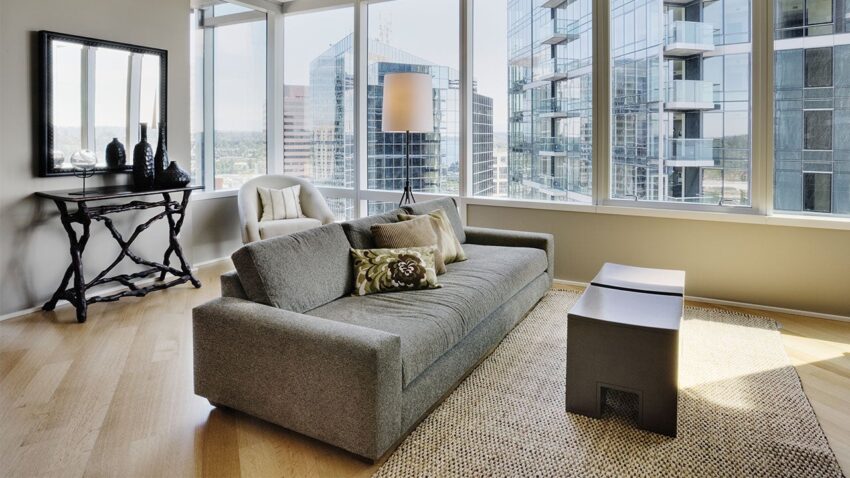When you’re looking for a place to live, you might come across the terms “condo” and “apartment.” While they may seem similar, they are different types of living spaces with their own unique characteristics. In this article, we’ll explore the differences between condos and apartments, so you can make an informed decision when choosing your next home.
Definition of Condo and Apartment

Before diving into the differences between condos and apartments, it’s important to understand what each of these terms means.
A condo, short for condominium, is a privately-owned living space within a larger building or complex. Condos are often owned by individuals, but they can also be owned by corporations or partnerships. Condo owners have full ownership of their individual units and shared ownership of common areas such as hallways, elevators, and gyms.
An apartment, on the other hand, is a rented living space within a larger building or complex. Apartments are often owned by property management companies, landlords, or real estate investment trusts (REITs). Tenants pay rent to the owner in exchange for the right to live in the space.
Ownership
One of the main differences between condos and apartments is ownership. As mentioned, condos are often owned by individuals, while apartments are owned by landlords or property management companies. This means that condo owners have full control over their living space and can make changes or renovations as they see fit. Apartment tenants, however, must adhere to the rules set by the landlord or property management company.
Maintenance
Another key difference between condos and apartments is maintenance. In a condo, the owner is responsible for all maintenance and repairs within their unit. This includes things like fixing leaky faucets, repairing appliances, and replacing flooring. In an apartment, maintenance and repairs are typically handled by the landlord or property management company.
Amenities
Condos and apartments may also differ in terms of amenities. Condos often have more upscale amenities such as fitness centers, rooftop terraces, and private parking garages. Apartment buildings may have amenities as well, but they may be more basic, such as a shared laundry room or a community pool.
Cost
The cost of living in a condo versus an apartment can vary greatly depending on a number of factors. Condos are generally more expensive to purchase than apartments to rent. However, monthly mortgage payments on a condo may be comparable to monthly rent payments on a similar-sized apartment. Additionally, condo owners must pay monthly fees to cover the cost of building maintenance and shared amenities.
Security
Condos and apartments may also differ in terms of security. Condos may have more security features, such as a doorman, a security guard, or a gated entrance. Apartments may have security features as well, but they may not be as comprehensive.
Flexibility
Condos and apartments may also differ in terms of flexibility. Condos offer more flexibility for the owner to make changes or renovations to their unit. They can also be rented out or sold at any time. Apartments, on the other hand, typically require a lease agreement and may have restrictions on subletting or early termination of the lease.
Rules and Regulations
Condos and apartments may also differ in terms of rules and regulations. Condos may have more strict rules governing things like noise levels, pet ownership, and parking. These rules are typically set by the condo association and are meant to maintain a certain level of order and quality of life within the complex. In an apartment building, rules and regulations are typically set by the landlord or property management company and may be less strict than those in a condo.
Size
Condos and apartments can vary greatly in size. Condos may range from small studios to large multi-bedroom units, depending on the building and location. Similarly, apartments may come in a range of sizes and layouts, from micro-apartments to spacious lofts.
Location
Location is another important factor to consider when choosing between a condo and an apartment. Condos are often located in desirable neighborhoods, close to amenities like restaurants, shops, and public transportation. However, they may also be more expensive in these areas. Apartments can also be located in desirable neighborhoods but may be more prevalent in more affordable areas.
Privacy
Privacy is another consideration when choosing between a condo and an apartment. Condos may offer more privacy as they are typically quieter than apartment buildings and may have thicker walls and better soundproofing. Additionally, condo owners may have more control over who enters their living space, as they are not subject to the same regulations as apartments.
Resale Value
Finally, resale value is an important consideration when choosing between a condo and an apartment. Condos generally have a higher resale value than apartments due to the ownership structure and the amenities offered. However, the resale value of a condo can also be affected by factors such as location, age of the building, and market trends.
Advantages and Disadvantages
To summarize, here are some of the advantages and disadvantages of condos and apartments:
Condos
- More ownership control and flexibility
- Upscale amenities
- More privacy and security
- Potentially higher resale value
- Monthly fees for building maintenance and shared amenities
- The higher upfront cost to purchase
Apartments
- The lower upfront cost to rent
- Maintenance and repairs are handled by the landlord or property management
- May have basic amenities
- More affordable options in desirable neighborhoods
- Less ownership control and flexibility
- Less privacy and potential for noise
Conclusion
In conclusion, condos and apartments are two different types of living spaces with their own unique characteristics. When deciding between the two, it’s important to consider factors such as ownership, maintenance, amenities, cost, security, flexibility, rules and regulations, size, location, privacy, and resale value. Ultimately, the decision will depend on your personal preferences, lifestyle, and budget.




